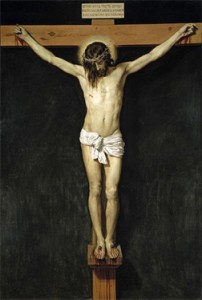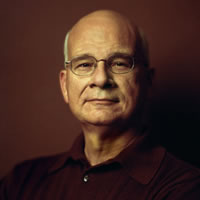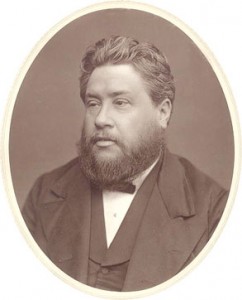
“Because I Am Committed to Key Distinctives of the Protestant Evangelical Tradition.”
Daniel Clendenin puts into words from his experience my own commitment to Evangelical truth: original sin, penal substitution, imputed righteousness, justification by faith, and sola scriptura, etc.
While Protestant evangelicals have never agreed on the precise meaning or mode of the sacraments, they have historically emphasized two related truths that diverge from the Orthodox understanding of the sacraments. Evangelicals urge the necessity of personal conversion through the faith and repentance of the individual believer, as opposed to the Orthodox idea of regeneration by the sacraments.
Also, while evangelicals wholeheartedly embrace the full-orbed New Testament descriptions of the work of Christ (reconciliation, ransom, redemption, forgiveness, adoption, etc.), since the Reformation, justification by faith and substitutionary atonement have enjoyed pride of place in our understanding of the doctrines of sin and salvation. Luther urged that Christianity would stand or fall with this doctrine; Calvin called it “the hinge upon which all true religion turns.”
In the history and theology of Orthodoxy it is startling to observe the nearly complete absence of any mention of the doctrine of justification by faith. Rather, “theosis” (literally, “deification”), or the progressive transformation of people into full likeness to God, in soul and body, takes center stage. (2 Pet. 1:4). Further, the Orthodox reject the idea of inherited guilt; we are guilty only for our own sins rather than for the inborn consequences of Adam’s fall. Conversely, evangelicals argue that this forensic framework for sin and salvation is not merely a historical and unduly negative carryover from Augustine and Anselm, but rather is the clear teaching of Paul in his Letters to the Romans and Galatians.
Read Daniel Clendenin’s entire essay entitled, “Why I’m Not Orthodox: An Evangelical Explores the Ancient and Alien World of the Eastern Church” originally published in Christianity Today (January 6, 1997): 33.



